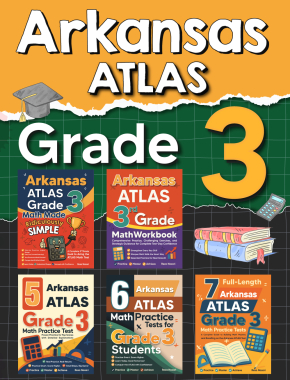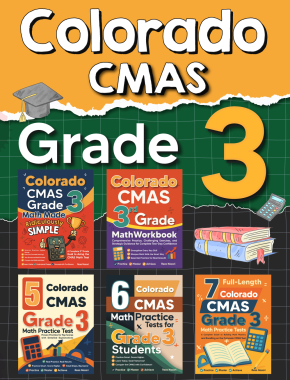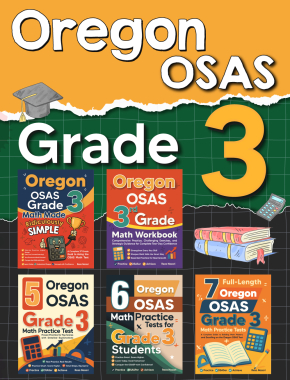How to Master the Intricacies of the Coordinate Plane

Step 1: Diving into Origins – The Cartesian Theatre
Step 2: Grasping Basic Constructs – Axes and Quadrants
- Axes: Picture a cross in your mind. This is formed by two lines: the horizontal one, christened the \(x\)-axis, and the vertical counterpart, the \(y\)-axis.
- Quadrants: These axes, in their infinite wisdom, dissect the plane into four sections. Each of these is a quadrant. Starting from the top right and moving counterclockwise, we have the \(I, II, III\), and \(IV \)quadrants.
Step 3: Deciphering Coordinates – The Language of Points
- \(x\): It whispers where the point lies along the horizontal axis.
- \(y\): It sings of the point’s position on the vertical axis.
Step 4: Plotting – An Art and Science
- Start at the origin.
- Go horizontally to the \(x\)-value.
- Go vertically to meet the \(y\)-value.
Step 5: The Dance of Symmetry – Reflections and Rotations
Step 6: Beyond the 2D – Welcome to 3D and the z-axis
Step 7: The Curve’s Whisper – Graphing Functions
Step 8: Distances and Midpoints – The Hidden Relationships
Step 9: Slants and Slopes – Rise Over Run
Step 10: Wrapping it Up – The Infinite Stories
Example:
Given a point on the coordinate plane, find its coordinates by determining its horizontal and vertical positions relative to the origin. The point \(A\) is located two units to the right and three units down from the origin have the coordinates \((2,-3)\).
Related to This Article
More math articles
- Top 10 6th Grade PSSA Math Practice Questions
- Full-Length 6th Grade ACT Aspire Math Practice Test
- 5th Grade PARCC Math Worksheets: FREE & Printable
- 5 Hidden Math Concepts Behind Today’s Most Popular Financial Platforms
- What Skills Do I Need for The CBEST Math Test?
- 3rd Grade Georgia Milestones Assessment System Math Worksheets: FREE & Printable
- Using Number Lines to Compare and Order Rational Numbers
- Your Winning Game Plan: How to Use Angle Relationships to Write and Solve Equations
- CHSPE Math-Test Day Tips
- How to Master Decimals: From Words to Numbers!























What people say about "How to Master the Intricacies of the Coordinate Plane - Effortless Math: We Help Students Learn to LOVE Mathematics"?
No one replied yet.